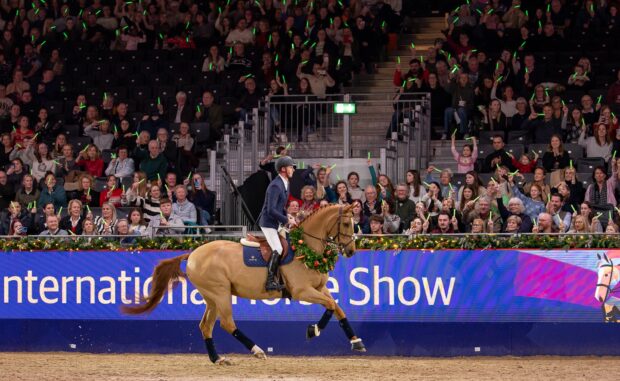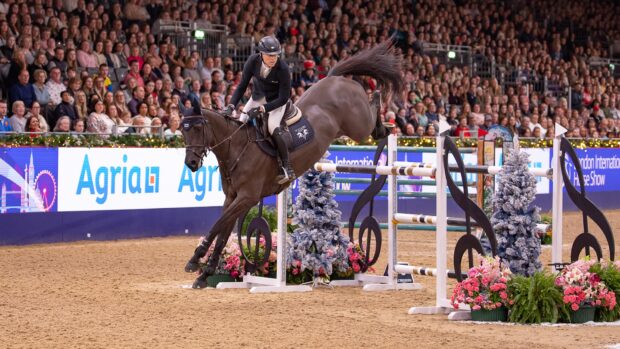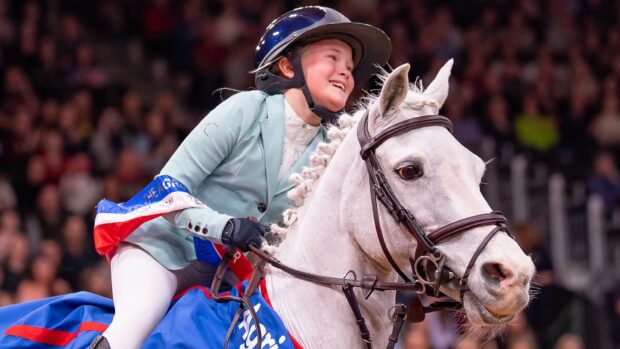A major drive to improve understanding, treatment and prevention of sporting concussions is hoped to benefit riders.
The Government has published an action plan, following an inquiry by the Department for Digital Culture, Media and Sport (DCMS) select committee. The inquiry called for UK-wide protocols on dealing with head injuries and improvement in how sporting injuries are reported (news, 12 August).
The wide-reaching plan focuses on four areas: research, education, health and technology. The overarching aim is to improve understanding, awareness, prevention and treatment of concussion in grassroots, educational and elite sport.
Concussion is a hot topic in the horse world, owing to the increased risk associated with riding, and a number of recommendations will have a direct impact on equestrians.
The Government’s independent concussion advisor, Laurence Geller, is working to ensure concussion in sport injuries is treated more effectively though NHS treatment pathways, and that the safety of those that take part in all sports at any level is improved by June 2022.
“All of us recognise the importance of sport in our lives. Whether professional or amateur, whatever age or skill level, we want to enjoy our sports while being protected from the potentially life-changing impacts of head injuries,” said Mr Geller.
“By making the game safer, we make the game better for everyone. But it’s not about changing the rules, it’s about working with experts from the medical profession, science and technology to devise protocols, knowledge, and equipment to allow us all to continue playing the sports we love.”
The recommendations also include a shared set of protocols around concussion in sport, plus requirements for sports that receive public funding (through UK Sport and Sport England) to make use of these, once developed, in the way they see fit. As British Equestrian receives funding, it will be involved in this.
The DCMS is also asking sports to convene with player associations to discuss training, with a particular stress on long-term welfare.
A sports concussion research forum has also been formed and will be asked to identify technological advancements to mitigate concussion that can be translated into practical improvements by autumn 2022.
British Equestrian chief executive Jim Eyre told H&H that athlete health has been “one of the pillars” of the World Class equestrian performance strategy over the last five years, and a key element of that as the development of concussion screening and management guidelines across the disciplines at all levels.
“The project launched by DCMS is welcomed as it provides opportunity to review our approach across the member bodies, but also gives weight to our ongoing commitment to improve rider safety by exploring equipment improvement and other preventative initiatives. Of particular interest is how we manage injuries occurring when training and in our youth athletes,” he added.
“We hope to provide an aligned approach to raising awareness of concussion and providing education across the board. Early recognition of the signs and removal from sport to allow sufficient recovery are key areas to develop across our entire equestrian landscape.
“We are starting our work by convening a working group across a number of equestrian organisations in mid-January so we get an understanding across all disciplines, from amateur to elite, of the scope of the issue and we can then feed into the wider group. Ultimately, we’ll make a collective mission to educate on the importance of managing head injuries and concussion across the British equestrian community.”
Ash Wallace, equestrian World Class pathway athlete health lead, told H&H: “We are in a unique position in equestrian sport where we have men and woman competing together and on equal terms. This is hugely relevant as research informs us that females are more susceptible to concussion, two times more than males and in horse racing 3.6 times more, but most of the research in concussion so far has been in male sports. In collaboration with DCMS and other national governing bodies, we could be at the forefront of studying and ultimately understanding why this is the case.”
A British Horseracing Authority spokesman added the organisation was delighted to respond to the inquiry and “welcomes the ambitious set of actions outlined within the Government’s response to the select committee’s report”.
“British racing has had robust concussion protocols in place for our jockeys for some time,” he told H&H. “[We are] working with Government and other sporting bodies on the next steps of the report as British sport works collectively to build a better understanding of the issue of concussion and improve participant welfare.”
‘Act on ability to hold organisations to account’
Brain injury charity Headway has welcomed the response, while also calling for increased scrutiny.
“The DCMS committee’s criticism of sport was clear, accusing it of ‘marking its own homework’ due to a lack of scrutiny from Government,” said chief executive Peter McCabe.
“We are pleased to see the Government has accepted most of the committee’s recommendations and that its involvement is needed to ensure sport adopts a cohesive, consistent approach to concussion in sport.
“Nonetheless, this response is a little underwhelming in terms of the urgency and level of Government involvement.
“Immediate action is required to build on the progress we’ve made to date – particularly at grassroots level where we need an evolution of attitude when it comes to head injuries in sport.
“For example, shared concussion protocols will help to reduce inconsistencies in the way head injuries are identified and dealt with in sport, but protocols are only of value if they are properly implemented and understood.
“The Government’s response does acknowledge that the development of protocols will not change behaviours on their own and we welcome its commitment to leading a campaign to ensure everyone involved in sport is concussion aware.
“But we also call on the Government to increase its scrutiny of governing bodies and act on its ability to hold organisations to account if meaningful change does not happen immediately.”
You might also be interested in:
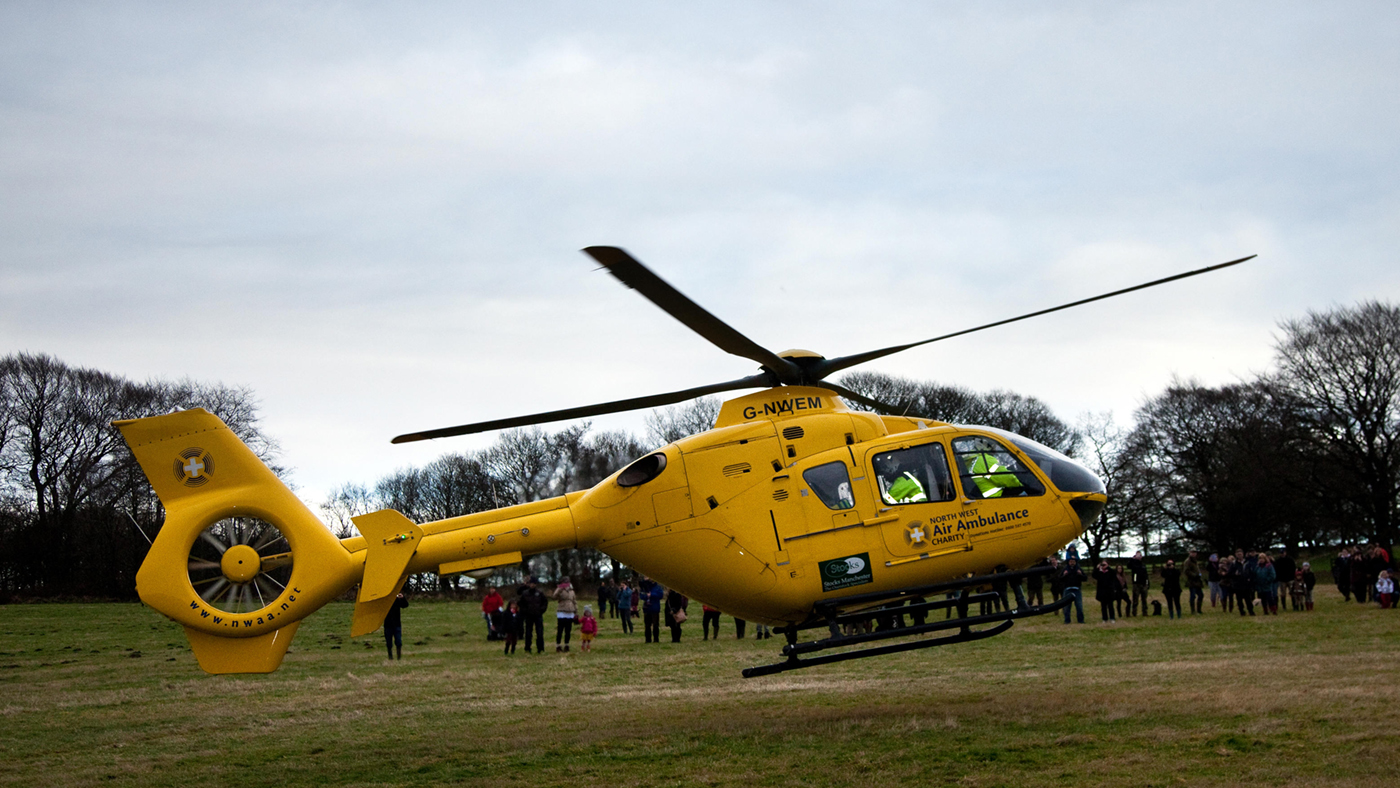
Trauma doctor shares simple life-saving actions all equestrians should know
Dr Diane Fisher spoke about the simple, potentially life-saving actions, people can take if a friend hits their head at

Subscribe to Horse & Hound magazine today – and enjoy unlimited website access all year round
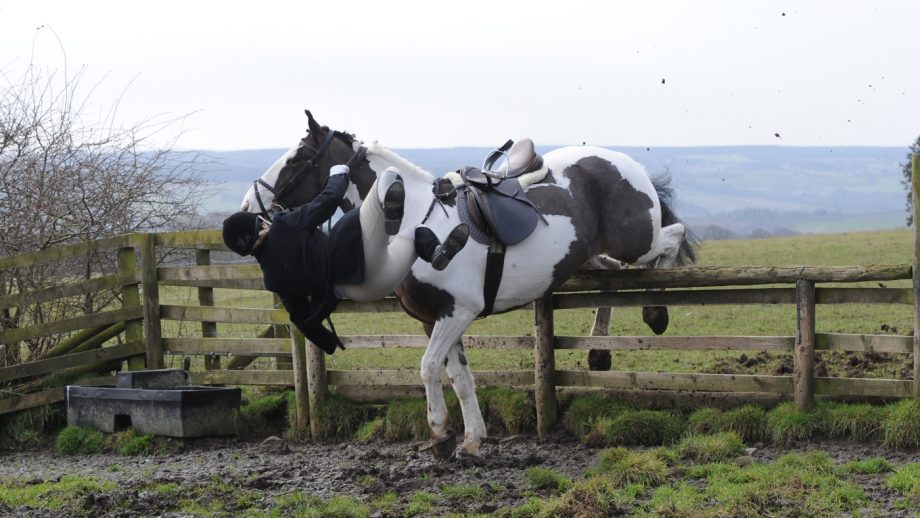
Calls for riding hat testing to more closely reflect ‘real-world’ falls *H&H Plus*

Calls for UK-wide protocols on concussion and head injuries in sport

Concussion in horse riders — how to recognise it
Whether you’re a rider, instructor or have a child who rides, do you know how to recognise concussion?
Horse & Hound magazine, out every Thursday, is packed with all the latest news and reports, as well as interviews, specials, nostalgia, vet and training advice. Find how you can enjoy the magazine delivered to your door every week, plus options to upgrade your subscription to access our online service that brings you breaking news and reports as well as other benefits.

